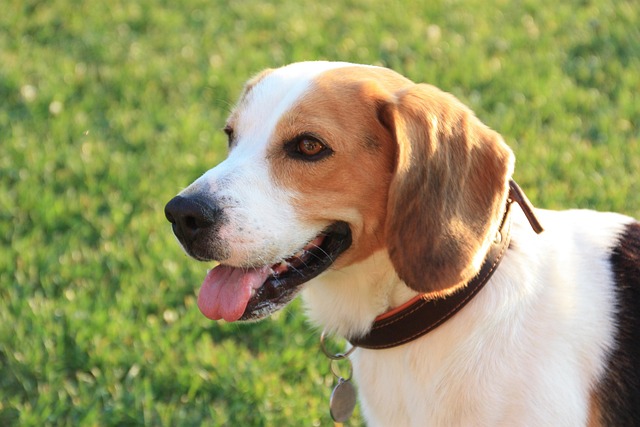
What is glaucoma in a dog?
You might notice your dog squinting more at mealtime or avoiding bright sunlight—these small changes could be early signs of a serious eye condition.
Pancreatitis can turn a happy pup into a sick one fast, but with some care, you can lower the risk. Start with what goes in their bowl—this is where most trouble begins. Vets see it all: table scraps, too many fatty treats, even that “special” holiday meal that seemed harmless. Their tummies aren’t built like ours, and rich foods can spark inflammation quick.
Stick to a consistent diet from a brand you trust, and check labels for high fat content. Avoid sharing your steak fat or the last bite of your burger—those little indulgences? Not worth the vet visit. If you want to spoil them, opt for low-fat options like a tiny piece of cooked chicken or a carrot stick. They’ll wag just as hard, promise.
Feed them on a schedule, and skip the “just one more bite” habit. Overeating, even on regular food, strains their pancreas. Measure portions using the guidelines on the bag, and adjust if they’re gaining weight—extra pounds make pancreatitis more likely. A lean pup is a happier, healthier pup, and their energy levels will show it.
 Be careful with meds, even over-the-counter ones. Some pain relievers or supplements can upset their pancreas, so always ask your vet before giving anything new. That includes herbal remedies or “natural” products—what’s safe for humans isn’t always safe for them. Better to wait for the green light than risk it.
Be careful with meds, even over-the-counter ones. Some pain relievers or supplements can upset their pancreas, so always ask your vet before giving anything new. That includes herbal remedies or “natural” products—what’s safe for humans isn’t always safe for them. Better to wait for the green light than risk it.
Keep an eye on other health issues, too. Diabetes, hypothyroidism, and even some infections can up pancreatitis risk. Stay on top of regular check-ups—catching these early helps keep their whole system in balance. Your vet might suggest blood work now and then, but knowing they’re in the clear? Priceless.
Learn the early signs: loss of appetite, vomiting, a hunched posture like their belly hurts. If you spot these, don’t wait—call the vet right away. Fast action can stop a mild case from getting worse. It’s scary, but being prepared makes you both feel more secure.
Preventing pancreatitis isn’t about being strict—it’s about love. Those daily choices, from their food bowl to their treats, add up to more tail wags, more walks, more years by your side. And when they nuzzle your hand after a meal, healthy and content? That’s the best reward.

You might notice your dog squinting more at mealtime or avoiding bright sunlight—these small changes could be early signs of a serious eye condition.

Let’s set the scene: It’s a sweltering Phoenix afternoon—105°F outside—and you rushed your 2-year-old Lab mix, Cooper, on a quick walk to “get it over with.”

Let’s get real: You’re in your Miami apartment, watching your 3-year-old Corgi, Loki, struggle to climb the stairs to your second-floor unit.

Many dog owners brush off occasional scratching as just “dog behavior,” but persistent itching often signals something more—like a food allergy.

You might first notice your dog scratching more than usual—chewing at their paws until the fur looks thin, or rubbing their face against the couch nonstop.

Let’s be real: You’re standing in your Chicago apartment, watching your 3-year-old Beagle, Max, huff and puff just to climb onto the couch.